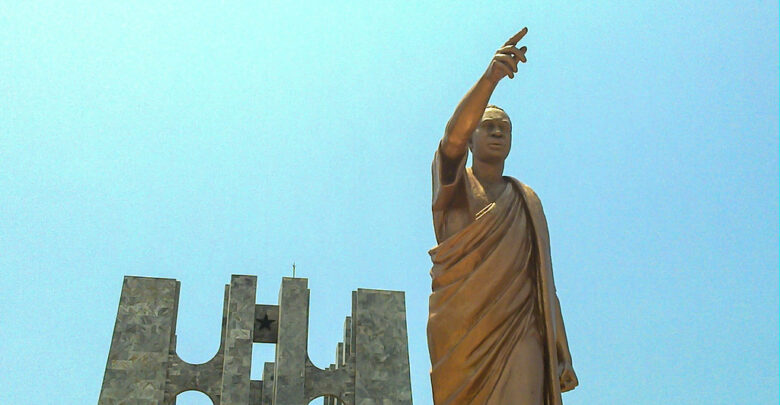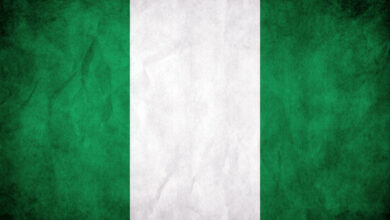Kwame Nkrumah: The First President of the Independent Nation of Ghana

Dr Kwame Nkrumah, born September 21, 1909 at Nkroful, Gold Coast (presently Ghana). He was initially named after Francis Nwia-Kofi, a respected family character.
Child of goldsmith Kofi Ngonloma of the Asona Clan and Elizabeth Nyanibah of the Anona Clan, Nkrumah showed an early hunger for education.
In 1930, Nkrumah finished examinations at the acclaimed Prince of Wales’ Achimota School in Accra.
Dr. Kwegyir Aggrey, Assistant Vice Principal and the main African staff part at the school, turned into his mentor.

Kwame Nkrumah Educational Backgorund U.S. Studies
By 1935, Nkrumah embraced advance examinations in the United States at Lincoln University, Pennsylvania. In 1939, he acquired a BA in Economics and Sociology.
By 1942, he acquired a BA in Theology. By 1943, Nkrumah had acquired a M.Sc. (Instruction), a MA (Philosophy), and got done with tasks work for a Ph. D. degree at the University of Pennsylvania.
During his U.S. undergrad studies, Nkrumah joined the African-American Phi Beta Sigma Fraternity, a scholarly honor society.
He is said to have introduced African traditional strides to the fraternity.
Also Read: The Ga People of Ghana: The Ga Religion and Tribes (Ewe, Ashanti Akwapim, Fanti, Kwahu, Akim)
Kwame Nkrumah Organizes Pan-Africans in Europe
Showing up in London in May of 1945, Nkrumah coordinated the fifth Pan-African Congress in Manchester, England.
He started the West African Students’ Union and he filled in as VP. This equivalent year he authoritatively changed his name from Francis Nwia-Kofi to Kwame Nkrumah.
Return to Ghana Africa
By December 1947, Nkrumah had gotten back to his country as an educator, researcher, and political activist.
He became General Secretary of the United Gold Coast Convention (UGCC), which investigated systems for acquiring freedom from pioneer England.
Under Nkrumah’s administration, the UGCC pulled in local political support from mostly farmers and women.
By 1949, Nkrumah had electrified wide support and rearranged his endeavors under the Convention People’s Party (CPP).
Kwame Nkrumah championed constitutional changes. This included self-government, widespread establishment without property capabilities, and a special house of chiefs.
Imprisoned by the provincial organization in 1950 for his political activism, the CPP’s 1951 election sweep was trailed by Nkrumah’s release.
A faithful Pan-Africanist, Nkrumah upheld the African league under the protection of the United States of Africa.
He additionally had a significant exchanges with African intellectuals from the diaspora, including W.E.B. DuBois, Martin Luther King, Jr., and Marcus Mosiah Garvey.
Nkrumah and Trinidadian C.L.R. James, communicated frequently. He credited with showing him how an “underground development worked.
” Nkrumah assumed a critical part in fostering the Organization of African Unity (OAU) in 1963, that very year he was granted the Lenin Peace Prize.
Also Read: The formation of Organization for African Unity (OAU) now African Union (AU)
President of the Federal Republic of Ghana
Ghana was proclaimed an independent state from British colonization on March 6, 1957.
By 1964, Ghana was working as a one-party state with Kwame Nkrumah as its first President and Prime Minister.
Nkrumah is frequently criticized for creating non-participatory administration after independence in Ghana. By 1966, the Ghanaian military ousted Nkrumah’s administration.
Nkrumah passed on in exile on April 27, 1972 in Bucharest, Romania.





